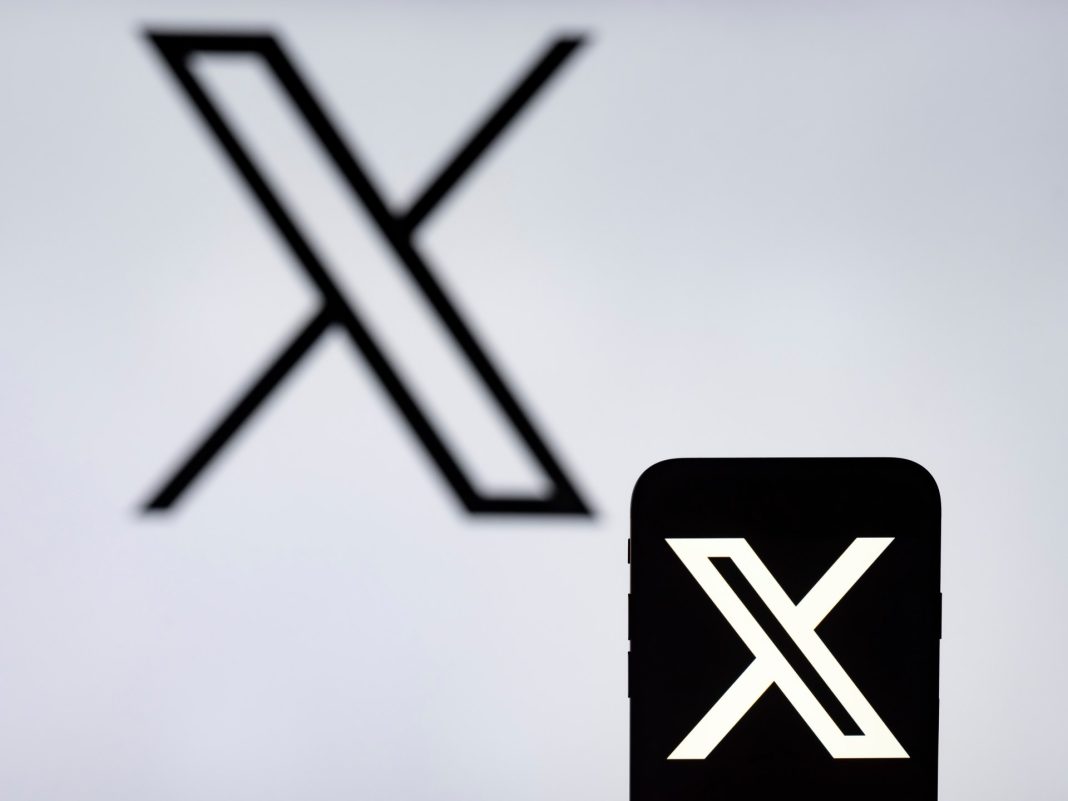Islamabad, Pakistan: Social media platform X, formerly known as Twitter, continues to remain inaccessible to users in Pakistan after internet watchdog groups started to report outages on Saturday.
NetBlocks, an organisation that monitors accessibility issues on the internet, On February 17 confirmed that a “national-scale disruption” has hit X in Pakistan in the aftermath of widespread protests in the country triggered by the alleged vote rigging in general elections.
⚠️ Confirmed: Live metrics show a new national-scale disruption to X/Twitter in #Pakistan amid escalating unrest and protests over allegations of election fraud, following a high-level resignation and public admission of vote manipulation by a senior election official pic.twitter.com/6YT73lG7SM
— NetBlocks (@netblocks) February 17, 2024
Government officials, however, have refused to acknowledge any such restriction.
Gohar Ejaz, caretaker minister for interior, told Al Jazeera that he was not aware of any such restrictions. “No knowledge. it doesn’t come under interior [ministry],” he told Al Jazeera via a WhatsApp message.
Murtaza Solangi, caretaker minister for information, also failed to respond to the questions regarding the inaccessibility.
Officials at the Pakistan Telecommunication Authority (PTA), the state regulatory body, did not respond to multiple questions on the closure but indicated that the PTA is only a regulatory body which enforces orders issued by the government.
While a large segment of users unable to access their X accounts since Saturday, the caretaker minister for information technology, Umar Saif, was able to post a message on his account on Monday afternoon. He did not respond to questions from Al Jazeera regarding the closure of the social media platform.
Repeated internet outages
Pakistan has repeatedly seen internet accessibility issues in the last few weeks, often coinciding with virtual events organised by the Pakistan Tehreek-e-Insaf (PTI) party of former Prime Minister Imran Khan. In at least three instances in January, different social media platforms such as Facebook, YouTube, Instagram, TikTok and X have faced restrictions.
Pakistani authorities shut down mobile services on the day of the general elections on February 8, citing security concerns.
NetBlocks also reported the inability of users to access X on February 10 while the country was awaiting election results which took an inordinate delay, leading to doubts over their authenticity, particularly from the PTI.
⚠️ Confirmed: Live metrics show a nation-scale disruption to X/Twitter across #Pakistan; the incident comes amid political turmoil after a controversial election held under an internet and mobile network blackout 📉 pic.twitter.com/1sZpkbWN6L
— NetBlocks (@netblocks) February 10, 2024
As final results eventually came out by February 11, PTI-backed candidates secured 93 seats, followed by Pakistan Muslim League-Nawaz (PMLN) at 75 and Pakistan Peoples Party (PPP) at 54 seats.
However, PTI has alleged that it was robbed of a “clear mandate” and held protests across the country along with smaller parties.
The latest restriction on X was reported on Saturday when a senior government official “confessed” his involvement in the alleged manipulation of Pakistan’s elections.
Videos of the official, Liaquat Ali Chattha, circulated on social media platforms, including X, where he was seen speaking about his involvement in electoral fraud, while also implicating the country’s top judge, as well as the chief of the Election Commission of Pakistan (ECP).
The chief justice of the Supreme Court, Qazi Faez Isa, denied the charges and demanded proof of allegations, whereas the ECP, while issuing a denial, said it would hold an inquiry.
Farieha Aziz, co-founder of Bolo Bhi, a digital rights advocacy group, said the repeated restrictions on the internet and platforms like X result in depicting Pakistan as an “unstable political environment and uncertain digital market”.
“The impunity with which access is cut off shows rule of law simply does not exist. Pakistan and its citizens will continue to be held hostage to whims and ad hoc decision-making that serve the narrow political aims of a few,” she told Al Jazeera.
Aziz also questioned the blame game about the restriction, saying the responsibility lies with the PTA. “All legal responsibility rests squarely on the PTA,” she added.
According to Bytes for All, an internet rights group in Pakistan, at least 15 internet shutdowns were recorded in the country in 2023.
“Major shutdown includes a weeklong blackout amid violent protests [that] broke out after former Prime Minister Imran Khan was arrested in May. It is said to be the longest shutdown in the history of Pakistan,” Shahzad Ahmad, country director for the group, told Al Jazeera.
Many users, who were able to access X using a virtual private network (VPN), a mechanism to access the internet despite restrictions, complained about the government’s decision.
“Tesla is landing in India soon, Over 4,500 IT firms [are] thriving in Bangladesh. Sri Lankan IT industry has approximately $1.2 billion contribution to economy. While in Pakistan we are still using VPN [because] Govt blocks social media. How long Pakistan will suffer like this?” a user posted on X.
A similar sentiment was expressed by senior PTI leader Ali Muhammad Khan, who called the blocking “wrong”.
“Access to information and freedom of speech are constitutional rights. [The] government needs to explain its position on this and must stop blatant violations of constitutional rights of its citizens and political workers,” he posted on X on Sunday morning.
Blocking of X (former Twitter) is Wrong !
Access to information and Freedom of speech are constitutional rights. Government needs to explain its position on this and must stop blatant violations of constitutional rights of its citizens and political workers.
— Ali Muhammad Khan (@Ali_MuhammadPTI) February 18, 2024
Bolo Bhi’s Aziz said more than sheer numbers, it is the influence of X that makes it such a target.
“Locally and globally, you have heads of state, governments, political parties, think tanks, international and national media, all on Twitter. That’s where its importance and relevance lie politically,” she said.
“This is the battleground right now for candidates and parties to get their voice out globally on the irregularities, and it has clearly gotten attention too. And this is what’s being limited.”







